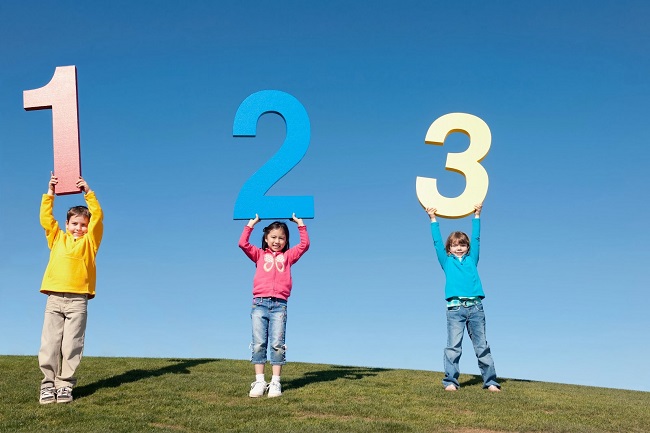Thinking, in the XXI century is different: this does not mean that we / you and our students have made us, of repentant, in cyborgs omnipresent, or that we are a legion of addicts and addicted to the Internet and social networks we manage our cognitive skills directing them only to drool screens to smartphones and laptops. Is not that?
As the nineteenth century presented unique challenges, or the twentieth century was the century, so far, more challenging, we are now in the crest of a wave that produces constant changes and demands an adaptation in all a

spects to these changes, nor survival; the digital age is not something trivial.
The interesting blog of education showed a very interesting graph in which three types of knowledge adapted to new ways of learning or wings new learning needs identified:
-
KNOW: Foundational knowledge
Digital literacy, ICT, namely collaborative and interdisciplinary
-
VALUE: Humanist Knowledge
Skills and life skills, work skills, ethical awareness, emotional intelligence, cultural competence, digital active citizenship.
-
ACTION: Meta Knowledge
Creativity, innovation, problem solving, critical thinking, communication and leadership.
You may also like to read another article on WeiWeiCS: What is it that makes a successful E-Learning project?
How I can use this model in my class?
The easiest way to take the classroom would use it as a framework for educational programming, whether in each teaching unit or be at each scheduled activity; particularly apply to activities and teaching units seems to provide a balance to them in the three areas of knowledge. Also, you can center a unit / activity in the Meta knowledge, another in the foundation and another in the humanist: it is a scheme, not legislation. Feel free!
The big idea is that knowledge leads to action and implementation, achieve modify the schema of the world of the subject and work on behaving assessment independently, ultimately, each student or students, the teaching staff, which they are charioteers, guides.



